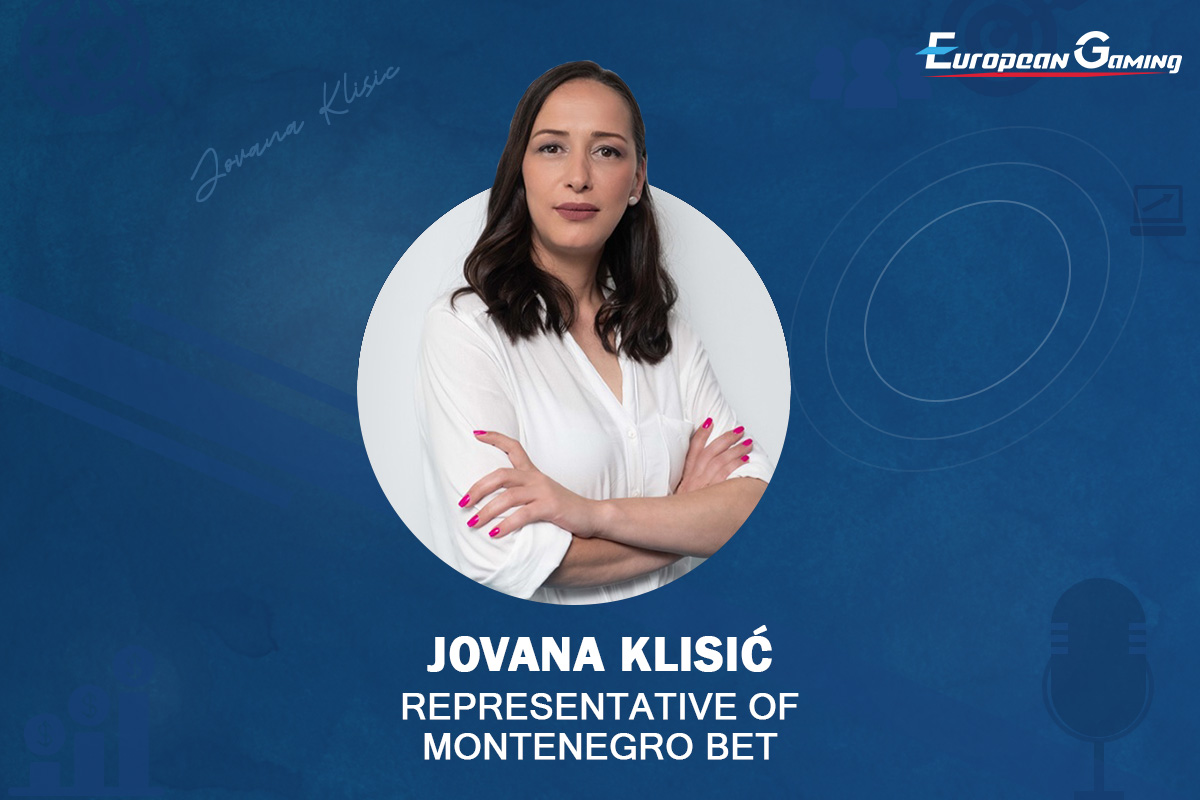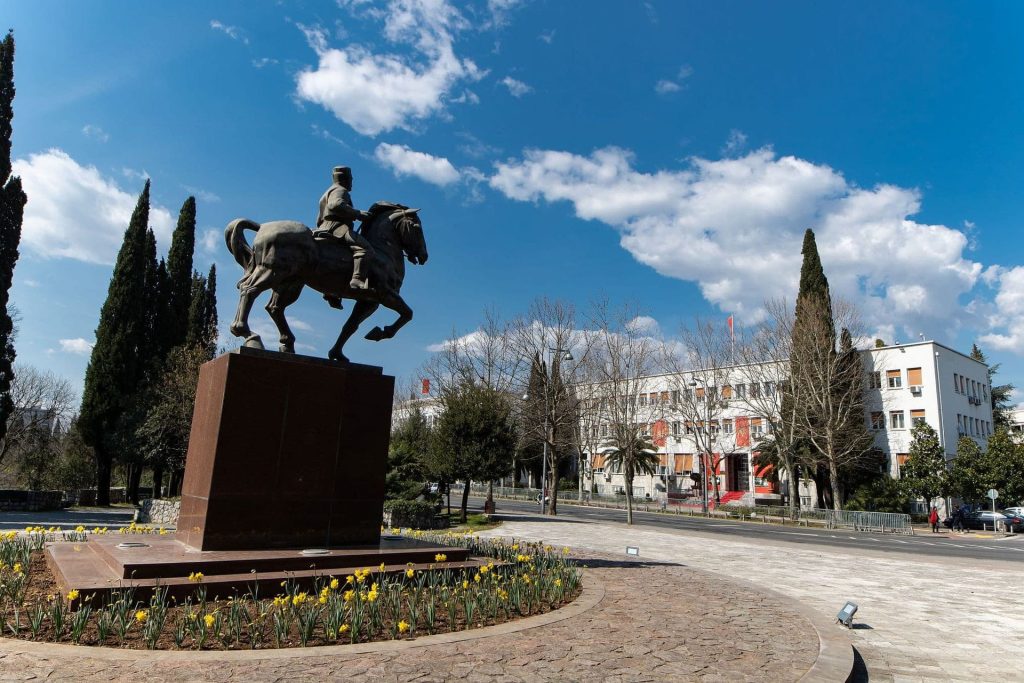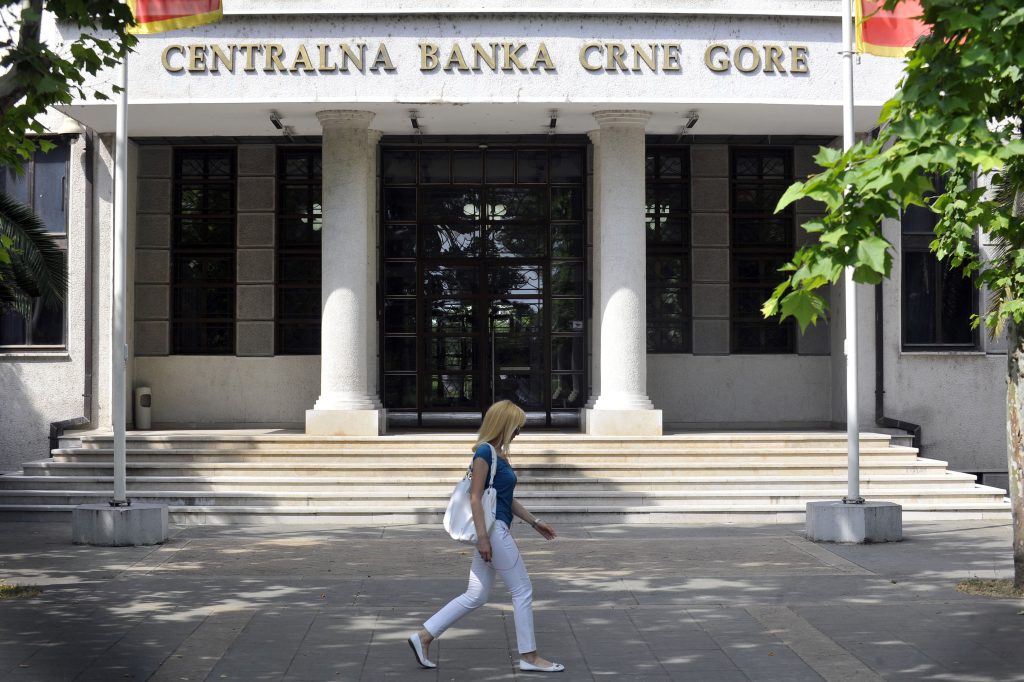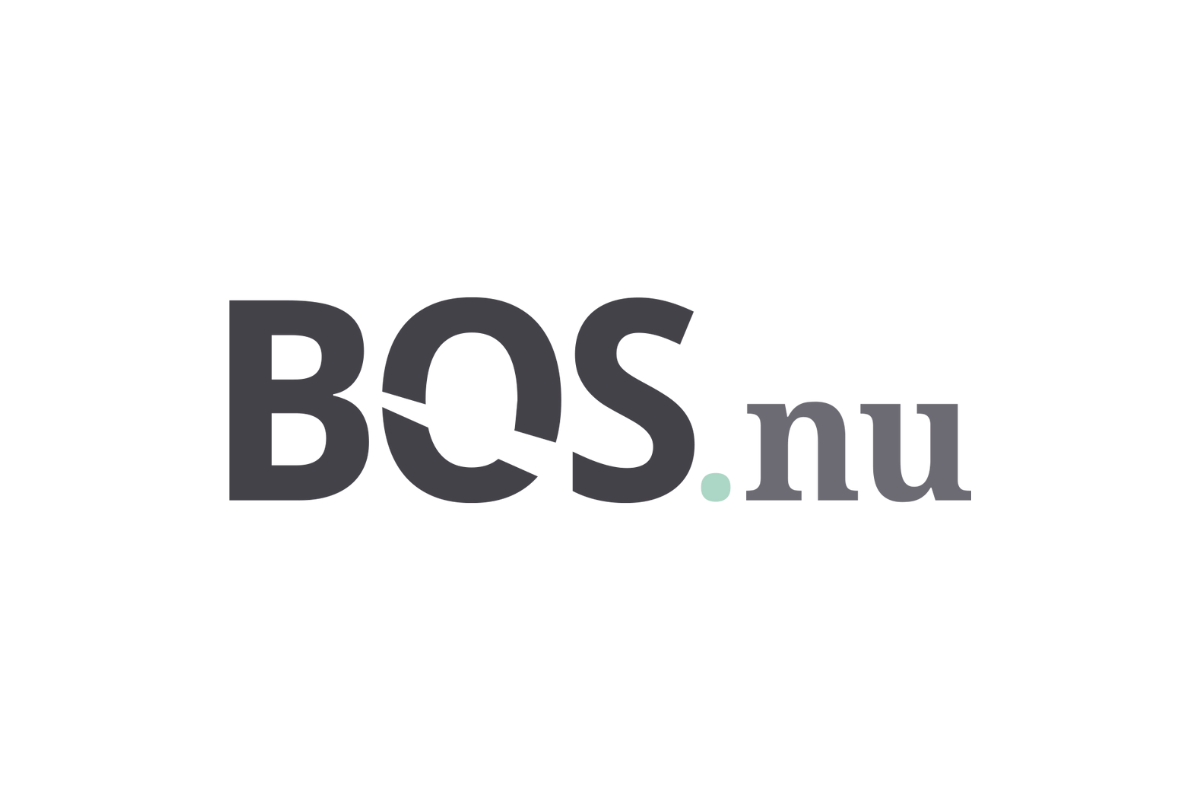Balkans
In Montenegro, Controversial Electronic Payments Ban Raises Serious Concerns

- Conflict with EU Law: Amid the country’s EU membership progress, the country’s legislation clashes with five key EU legal provisions, raising concerns about its alignment with the EU legal framework
- A variety of electronic payment methods like e-banking and mobile payments, defying global financial and payment standards are effectively disabled
- Over 25,000 signatures, representing approximately 8% of the national electorate, were gathered in just five days, signaling widespread public dissent
- This segment of the business accounts for 2% of Montenegro’s employment, faces significant risks due to the operational and economic repercussions of the new legislative changes
- Key EU industry experts and think tanks have already raised concerns about the adverse solutions introduced in these provisions
In the Western Balkans, a legislative battle is currently underway, sending ripples through the European fin tech community. The Montenegro’s recent amendment to the Gambling Law, particularly Article 68f, has sparked a significant debate. This change, focusing on the limitation of deposit methods for online player accounts, is not just a local issue but resonates with broader EU legal standards and global financial practices.
We talked with Jovana Klisić, the representative of Montenegro Bet, the country’s leading trade association in the sector. Ms. Klisić, with years of experience and a deep understanding of both the local and international aspects of the business, offers a unique perspective on the implications of Montenegro’s regulatory changes and the ongoing institutional battle to mitigate such adverse regulatory treatment.

Article 68f in Stark Contradiction with Montenegrin and EU Legal Norms
Ms Klisic, can you briefly elaborate on what is the trouble with the Article 68f?
-The provision starkly contrasts with multiple EU directives and regulations. It directly opposes the Montenegro – EU Stabilization and Association Agreement, Article 72, which mandates alignment with the EU acquis. The Payment Services Directive (PSD2), aiming at an integrated market for electronic payments, is also at odds with this law. The PSD2 ensures equal conditions for both existing and new market players, fostering consumer protection and payment service transparency across the Union. However, Article 68f effectively denies electronic payment companies access to the EU market.
Furthermore, it conflicts with the EU 4 and 5AML Directive, where cash transactions are considered high risk. By limiting transactions to cash or card payments at physical locations, it inadequately addresses money laundering risks, as smaller cash transactions, often below 1,000 EUR, could potentially be used for money laundering purposes. Montenegro’s decision thus stands in contradiction to the EU’s vision of a digital, integrated financial system for both country members and candidates.
The disputed article also overlooks the obligations under the Montenegrin Law on Law on Administrative Procedure, which mandates public consultations in law and strategy preparation – a step seemingly bypassed in this case.
Also, to comply with the law in the present form, many locations need to satisfy minimum distance from the school in order to collect cash for deposits, which questions the sustainability of this controversial and illogical article.
Macroeconomic Repercussions: 2% of Montenegro’s Jobs at Stake
What broader impact does this legislative change have on the business and Montenegro’s economy?
The industry is facing a double-edged sword – operational inefficiencies and potential economic repercussions. With the sector directly and indirectly employing almost 2% of the country’s workforce in a 15% unemployment rate environment, any negative impact on this industry could have very harmful and far-reaching consequences. The removal of e-banking and newsagents for deposits, despite their compliance and transparency, not only affects operational efficiency but also jeopardizes jobs, echoing the detrimental effects on the broader economy of Montenegro.

A Unified Stand: Mobilizing 25,000 Voices for Fair Regulatory Treatment
In light of the challenges posed by Article 68f, what measures are being pursued to address these concerns?
Our approach is comprehensive and proactive. Montenegro Bet, our trade association with decades-long experience in pursuing and implementing EU-compatible regulatory solutions, has already initiated a constitutional review, raising concerns about the unconstitutionality of this provision.
Significantly, we’ve mobilized public support, culminating in a petition with over 25,000 signatures gathered in only five days – representing about 8% of the national electorate – which we’ve submitted to the Assembly. This remarkable show of public backing not only underscores the widespread concern but also highlights the risk of significant job losses in our industry, illustrating the potential economic repercussions of such legislative measures.
Additionally, we’re engaging with key international institutions, drawing attention to how this law stands in conflict with EU directives and global standards on anti-money laundering. Our overarching aim is to realign Montenegro’s regulatory framework with both EU and global financial norms, ensuring a just and transparent environment for the industry.
Montenegro’s Isolated Move Amid Globally Accepted Financial Practices
How does Article 68f align with global financial regulatory practices?
This article is an outlier when viewed against global trends. Internationally, there’s a clear shift towards reducing cash transactions in favor of electronic payments, as advocated by bodies like MONEYVAL and FATF. The global financial community is embracing digital solutions for their transparency and efficiency. Montenegro’s move, therefore, not only isolates it from EU practices but also from the global financial community’s direction.
In 2021, the European Commission urged Montenegro to intensify efforts in money laundering investigations and prosecution. The payment limitations set by Article 68f pose a significant risk of seeing Montenegro placed in a category of countries with heightened money laundering and terrorism financing risks.
Moreover, in 2022, the European Banking Authority (EBA) emphasized the need for every EU citizen, and by extension, countries aspiring to EU membership, to have access to basic online banking services. This directive aligns with the trend of increasing financial transactions being digitalized, a domain where e-banking and mobile banking services are getting closer to a status of commodity. However, Article 68f of the Law on Games of Chance in Montenegro excludes these crucial services, contradicting the EU’s stance on modern financial inclusivity.
What is the future outlook for Montenegro’s fintech industry in light of these changes?
It is at a crossroads; we can state without any exaggeration. Our immediate focus is on mitigating the negative impacts of this law. But looking ahead, we see this communication crisis as an opportunity to bring Montenegro’s financial practices in line with EU standards. It’s about more than just rectifying a single law; it’s about ensuring that Montenegro’s financial and regulatory frameworks are beneficial for a fair and competitive industry.
-

 Asia6 days ago
Asia6 days agoNational Sports Day: Why it’s time to see esports as a key pillar of India’s new-age sporting identity
-

 Baltics6 days ago
Baltics6 days agoAll Gambling Halls in Riga Threatened with Closure – Industry Raises Alarm
-

 Latest News6 days ago
Latest News6 days agoFavbet × Spinner: An Exclusive Live Studio That Has Already Gained Recognition in Ukraine
-

 Latest News6 days ago
Latest News6 days agoCubeia announces Cubeia Platinum Freeroll at SiGMA Poker Tour Malta
-

 Latest News6 days ago
Latest News6 days agoAfter $546M H1, Gurhan Kiziloz Bets on Brazil With Nexus HQ While Giants Look West
-

 Latest News6 days ago
Latest News6 days agoPlay’n GO shortlisted in two categories at the prestigious Corporate Star Awards
-

 eSports7 days ago
eSports7 days agoGaming Platform, Overwolf, Sees 385% Revenue Surge in EU, Hires Activision Blizzard Vet For Expansion
-

 Latest News6 days ago
Latest News6 days agoENHANCING COMMUNITY SPIRIT: SKY BET EFL BUILDING FOUNDATIONS FUND PROVIDES FIRST LOOK AT SOUTHLANDS HUB IN MIDDLESBROUGH






























